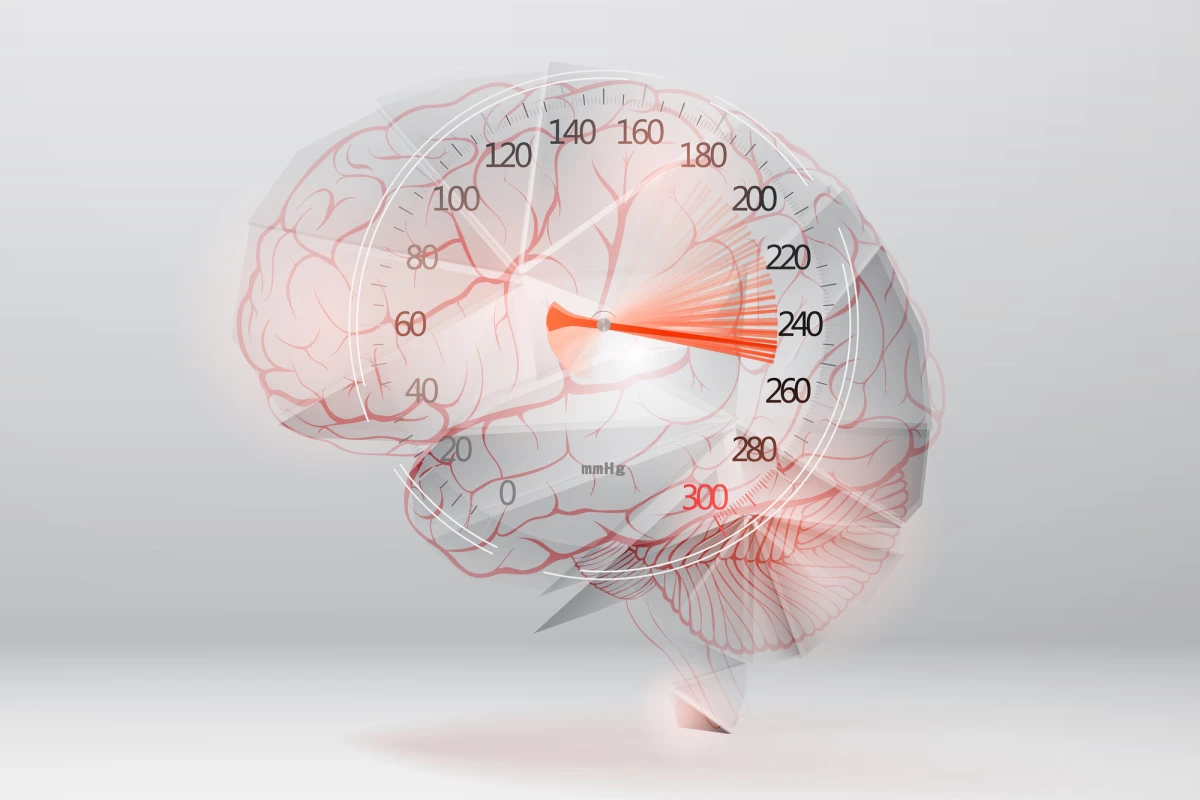A new study has found that giving human placenta cells to mice reduced high blood pressure and the arterial inflammation and cognitive impairment caused by it. The findings open the door to a new form of therapy that goes beyond lowering high blood pressure to treat the damage resulting from it.
The number of people in the world living with high blood pressure, or hypertension, doubled between 1990 and 2019, from 650 million to 1.3 billion. Over time, hypertension can cause inflammation in the arteries and contribute to cognitive impairment. Current anti-hypertensive medications are effective at reducing blood pressure, but they don’t treat the underlying tissue damage caused by the condition.
New research by La Trobe University in Australia has found that giving human placenta cells to mice reduced high blood pressure and the inflammation and cognitive impairment caused by it.
“Here, we have built upon the groundbreaking results of La Trobe’s previous studies using [placenta] cells in stroke models,” said Michael De Silva, a corresponding author of the study. “If infused within a day after a stroke, the cells target the affected area of the brain and reduce inflammation and nerve cell death. We realized that we could test if similar protection could be seen in reducing the damage high blood pressure causes in the body, and we found that the treatment reduced inflammation in blood vessels.”
The researchers infused mice with either saline or angiotensin II, which causes arterial constriction and increases blood pressure, for two weeks before administering either saline or placenta cells donated by mothers following caesarean delivery.
Before the placenta cell treatment, mice administered angiotensin II showed signs of cognitive impairment, specifically impaired working memory, an upregulation of genes in the brain involved in inflammation and a downregulation of genes in the brain involved in neuron survival, repair and regeneration and anti-inflammatory pathways. Some of the genes angiotensin II promoted differential expression of are associated with Alzheimer’s disease, which may explain the cognitive impairment caused by hypertension.
The researchers found that giving placenta cells prevented inflammation and cognitive impairment caused by hypertension. Specifically, the cells inhibited the blood-pressure-raising effect of angiotensin II and prevented impairment of working memory. They also found that pro-inflammatory genes in the brain were downregulated.
“While a drug can reduce high blood pressure, these cells could target inflammation in the arteries caused by hypertension and therefore reduce the associated risks of cardiovascular disease and cognitive impairment,” De Silva said.
The researchers will continue researching how their findings may benefit people with hypertension.
The study was published in the journal Scientific Reports.
Source: La Trobe University





